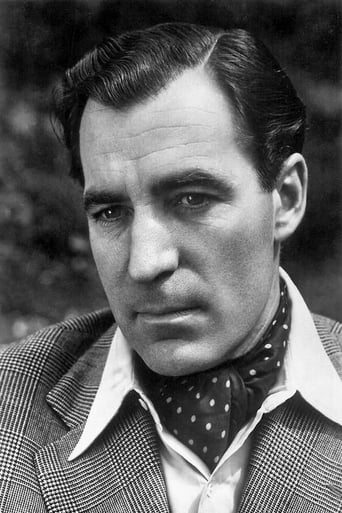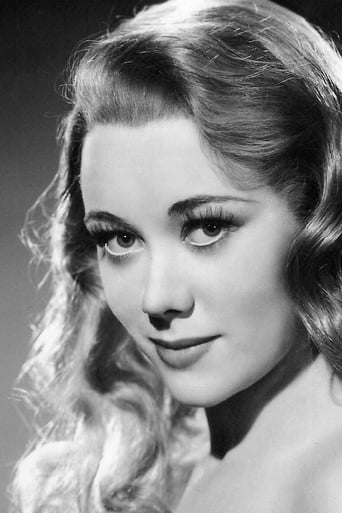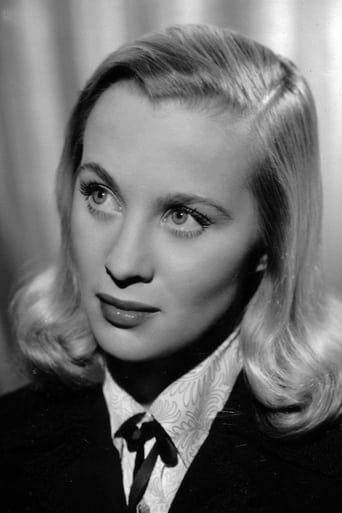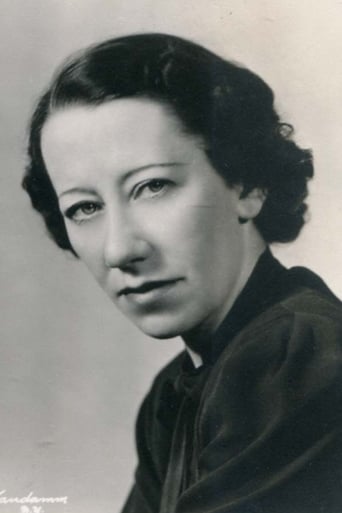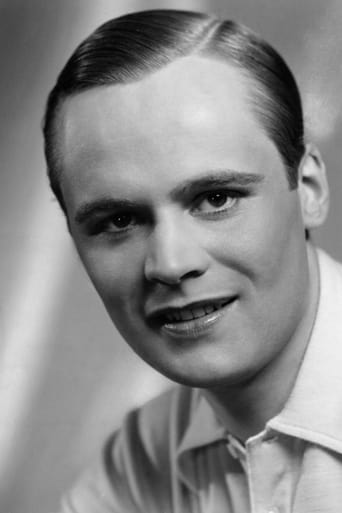Titreenp
SERIOUSLY. This is what the crap Hollywood still puts out?
Supelice
Dreadfully Boring
Livestonth
I am only giving this movie a 1 for the great cast, though I can't imagine what any of them were thinking. This movie was horrible
Anoushka Slater
While it doesn't offer any answers, it both thrills and makes you think.
howardmorley
Despite London Live TV station in the UK showing a season of Ealing films, they have unaccountably omitted this brilliant film.Thank heavens then for YouTube.com for bringing this gem to my notice.This excellent film explores early post war attitudes of the British to Germans and Germany.We are still mulling over this moral conundrum 70 years later.I had a serious relationship in 1974 with a German girl (Gabriella) from Magstadt when I was 28 and introduced her to my late parents (my father served in the RAF) who both lived through the war.I can well understand their moral dilemma and relationship with her and Gabriella's with them.The casting was excellent with leading man John Farrar as Robert feeling pity/affection on the German nurse Frieda (played with great conviction by Swedish actress Mai Zetterling) and going through an improvised marriage in war-torn Poland.Robert had a brother now deceased in the RAF who had married Judy (Glynis Johns) and his sister Nell(Dame Flora Robson) who hopes to go into Parliament to represent her constituency and brave hostile public opinion for those who have suffered at the hands of Germany in the war.As the film develops Robert's feeling turn from pity/affection to genuine love as Frieda relishes life on the farm where Robert's family reside, becoming a very accomplished hausefrau (but not yet married to Robert).However a trip to the local cinema shows Frieda & Robert the bitter truth about Belsen in the newsreels which then have a sobering effect on their relationship.This is further tested when Richard (Albert Lieven) & Frieda's German brother turns up and tries to convert her to the evil creed of Nazism even though she is obviously happy living in her new life in England.He presses a pendant swastika into his sister's hand as she is rehearsing a Catholic marriage ceremony having finally assented to marrying Robert.One memorable scene shows a facially disfigured British army survivor who knows Richard from his short time in a concentration camp before being transferred to a proper P.O.W.camp.This incident in a pub ignites a physical confrontation between Robert and Richard is like a mini microcosm of WW11 with Britain at first on the defensive, then fighting back before resulting in Richard's death.Frieda is then racked with guilt and tries to drown herself in the local river.Germany's positive contribution to humanity Goethe, Schiller, Beethoven, Brahms et all are examined and a sweet verse sung in German of "Heilige Nacht" (Silent Night) is sung by Mai.I won't provide a spoiler to this thought provoking film, still relevant after 70 odd years, but do see this excellent film which is currently available on YouTube.com.
malcolmgsw
This film was made in 1947 when this country was just coming to terms with the fact that it would have to live with the new Germany.The film does not take into account the fact that there were already thousands of German refugees in this country who had fled Nazi persecution.For example in the film industry there were actors such as Conrad Veidt and technicians such as Mutz Greenbaum.Therefore what only seems to have been considered by this film are bad Germans,as played by Albert Levien and the passive German as played by Swede,Mai Zetterling.So what is ignored are the millions of Germans who did oppose Hitler,the social democrats and communists who were thrown in concentration camps.I felt that Levien's revelation as a nasty Nazi was rather over dramatic and rather spoiled the balance of the film.I also wonder what audiences of the time would have made of the newsreel of Belsen concentration camp shown when the couple are in the cinema.very thought provoking.
jools_69
Phew, that was a tough watch.. Not the production, Frieda is well made, but makes us all face up to our own prejudice and fear. I have no idea how this must have felt to the audience in 1947, I am sure many struggled to sympathise with Frieda, the enemy.Today hatred is still rife, we live in a world that is still drawing dividing lines, for what.. where has it got us. Frieda tries to make us examine irrational fears and blind hatred. The film pushes us to see people as individuals.I often look back at old cinema as a little simple, corny even, it is not often I sit in silence at the end and contemplate what I have seen, Frieda made me do this.Should you watch this, yes if you like cinema that takes you somewhere and you like to empathise with tough subject matter. It is not an arty film and is extremely watchable.. But if you need whizzbangs and CGI this might not be the film for you.All I can say to finish, I am glad I finally sat down to watch Frieda.
Syl
1947 was not an easy year. In fact, the British and the world was still recovering from World War II. This film probably raised a lot of eyebrows and concern. Germany was still the enemy and Frieda played beautifully by Swedish newcomer, Mai Zetterling, should have been honored with nominations for her performance. Frieda is not well liked because she is German so you're not going to trust a German girl in the first place. Anyway, I imagine how it was first released to the British public after a brutal war and the rebuilding of the damage done by the blitz. Anyway, I can imagine audience members not being welcoming to Frieda but she is somebody we grow to understand. It's not her fault that's she's German anymore that I'm an American. She grows on you because she is somebody we can like but I think that's part of the problem. We see her only flaw as being German and not much else. Anyway, Mai Zetterling performs well and should have been honored with a nomination or two for being the star of the film.
